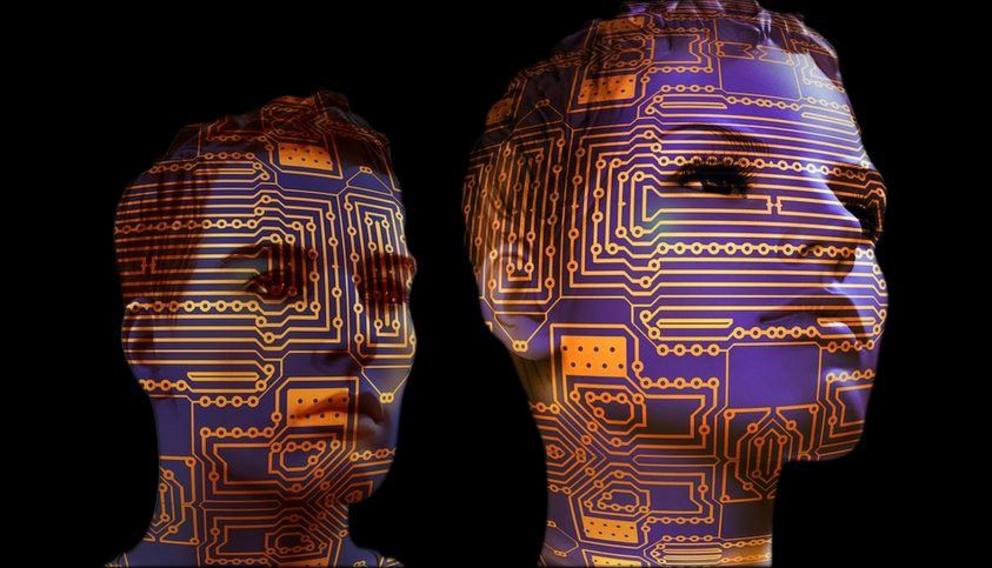Trial: facial recognition technology to be used in UK at select self-checkouts
Facial recognition technology will be tested in UK supermarkets for the first time to verify the age of citizens buying alcohol and cigarettes at special self-checkout machines later this year, the Telegraph reported.
The cameras will be used as a means of convenience for UK citizens to purchase the age-restricted items.
The company responsible for the devices according to the Telegraph is a U.S. company NCR which makes self-checkout machines for Asda, Tesco, and other UK’s supermarkets.
NCR has announced the integration of facial recognition technology from Yoti with its “FastLane” tills within supermarkets.
Fastlanes are currently used by UK retailers Tesco, Sainsbury’s, Marks & Spencer, Boots, and WHSmith. While not all these retailers will be a part of the pilot test program, it’s important to note how widespread this could be.
Shoppers that choose to use the technology do not need to register their identity prior.
Further, the system does not retain user images after a purchase is made, according to the Telegraph. The process can also be performed more quickly for registered customers through the Yoti app.
Robin Tombs, chief executive of Yoti, said: “Waiting for age approval at self-checkouts is a source of frustration for many shoppers, who just want to get home as quickly as possible.
“Our integration with NCR delivers a frictionless and innovative way for customers to prove their age in seconds. It’s a simple process that helps retailers meet the requirements of regulators worldwide.”
This comes as hundreds of retail stores and soon thousands are investigating using biometric facial recognition software FaceFirst to build a database of shoplifters as a means of anti-theft, Activist Post reported.
FaceFirst is designed to scan faces as far as 50 to 100 feet away. As customers walk through a store entrance, the video camera captures repetitious images of each shopper and chooses the clearest one to store.
The software then analyzes that image and compares it to a database of “bad customers” that the retailer has compiled; if there is a match, the software sends an alert to store employees that a “high risk” customer has entered the door.
The future of shopping seems to allude to having biometric scanners written all over it, a worrying prospect for privacy enthusiasts.
Privacy advocate groups, attorneys, and even recently Microsoft, which also markets its own facial recognition system, have all raised concerns over the technology, pointing to issues of consent, racial profiling, and the potential to use images gathered through facial recognition cameras as evidence of criminal guilt by law enforcement.
“We don’t want to live in a world where government bureaucrats can enter in your name into a database and get a record of where you’ve been and what your financial, political, sexual, and medical associations and activities are,” Jay Stanley, an attorney with ACLU, told BuzzFeed News about the use of facial recognition cameras in retail stores. “And we don’t want a world in which people are being stopped and hassled by authorities because they bear resemblance to some scary character.”
The technology has a lot of problems at current; Activist Post recently reported how Amazon’s own facial “Rekognition” software erroneously and hilariously identified 28 members of Congress as people who have been arrested for crimes.
Activist Post previously reported on another test of facial recognition technology in Britain which resulted in 35 false matches and 1 erroneous arrest. So the technology is demonstrated to be far from foolproof.
That same technology by Amazon was argued against by numerous civil rights organizations who co-signed a letter demanding Amazon stop assisting government surveillance.
Now, we have retail stores wanting to use biometric surveillance within their establishments in disguise as speedy checkout solutions and anti-theft to protect products. But who’s protecting the human consumers from the corporations storing their biometric data and for how long would these companies retain the data?
These are all the questions we must ask ourselves as our silence consents to the Orwellian future put before us that will make 1984, The Terminator and They Live look like paradise.

